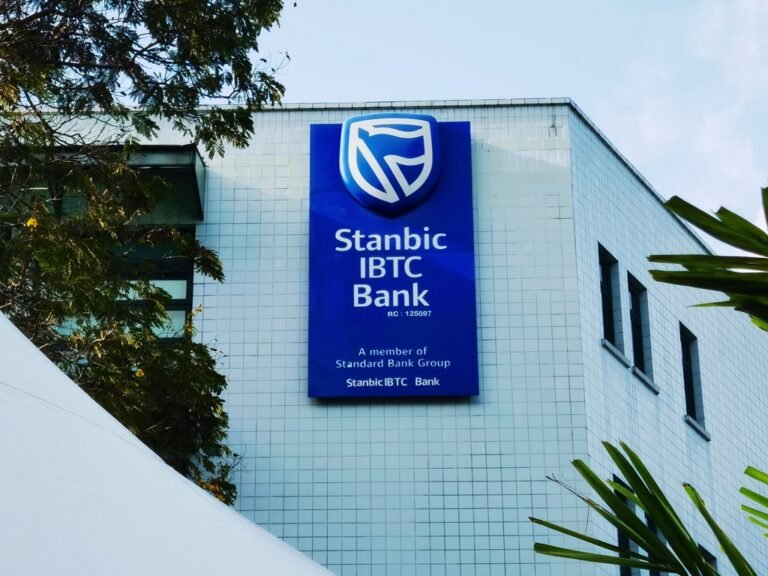Despite strong market breadth and a surge in trading activity, the Nigerian Exchange (NGX) began the week largely flat, as investors positioned cautiously ahead of the Central Bank of Nigeria’s (CBN) Monetary Policy Committee (MPC) meeting on May 19–20. The All-Share Index dipped by just 0.01% to close at 109,697.88 points on Monday, May 19.
While profit-taking in banking stocks dragged the NGX Banking Index down by 0.74%, overall sentiment remained resilient, with 46 stocks advancing versus 23 declining. The NGX Consumer Goods (+1.55%) and NGX Insurance (+0.56%) indices posted notable gains, buoyed by investor repositioning.
Total trading volume surged by 13.55% to 486.09 million units, while transaction value jumped by 33.39% to ₦11.38 billion, reflecting upbeat market participation. Market capitalisation also ticked higher by 0.01% to ₦68.95 trillion.
Top gainers included Tantalizer (+10%), Betalass (+9.98%), and Champion Breweries (+9.97%), while top laggards were TIP (-10%), ABC Transport (-9.83%), and FTN Cocoa (-9.65%). In terms of value traded, GTCO (40%), AccessCorp (19%), and UBA (13%) led the pack.
Liquidity Tightens in Money Market
The Nigerian Interbank Offered Rate (NIBOR) for overnight borrowing held firm at 26.83%, signalling tight liquidity conditions. Treasury yields on Nigerian Treasury Bills (NTBs) climbed across all tenors, with average yields rising by 23bps to 20.81%, as investor appetite for short-duration debt instruments remained strong.
Bond Market Steady, Eurobond Yields Improve
Yields in the FGN bond market remained largely unchanged. However, Nigeria’s Eurobond performance strengthened, with yields compressing by 13bps to 9.91%, aided by improved global risk sentiment.
FX Market: Naira Gains on CBN Liquidity Action
In the foreign exchange market, the naira strengthened at both the official and parallel market windows. At the NAFEM window, the naira appreciated by 0.11% to close at ₦1,161 per dollar, while the parallel market saw a modest gain of 0.06%, closing at ₦1,619/$, driven by improved dollar supply from the CBN.


























